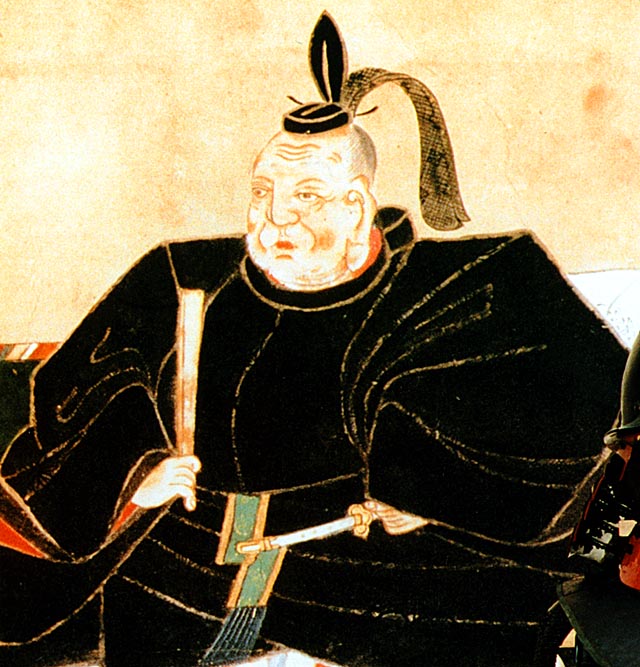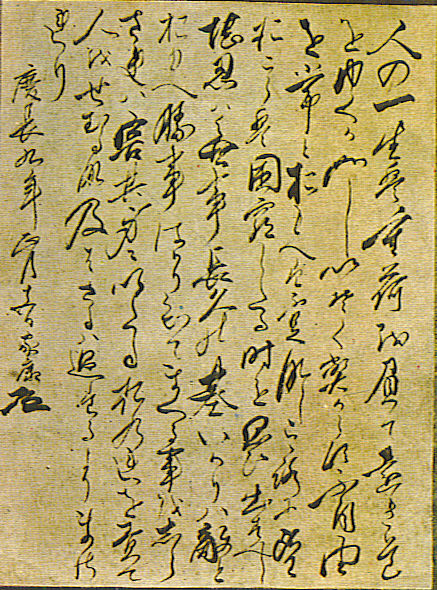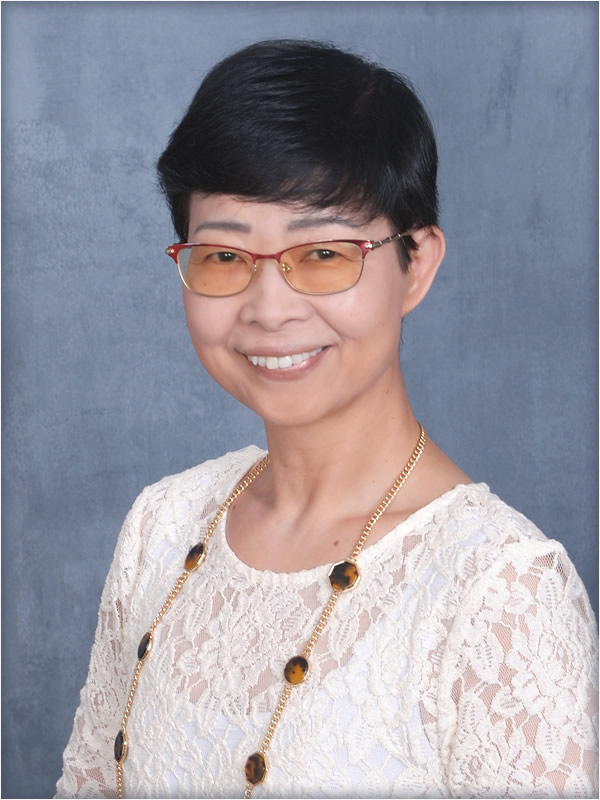Omoni-wo Orosu
(Tokugawa Ieyasu: https://en.wikipedia.org/wiki/Tokugawa_Ieyasu)
[Vocaburary]
Omoni: a heavy burden
Orosu: unburden; be relieved of a burden; discharge a burden
[Comment]
No translation necessary for “Omoni-wo Orosu,” right? Look at the picture of Tokugawa Ieyasu (1543 – 1616) above. As you may know it, Ieyasu is the founder and first Shogun of Tokugawa Shogunate. Unlike his other counterparts – Oda Nobunaga (1534 – 1582) and Toyotomi Hideyoshi (1536 – 1598) – he came to the throne in his later life (He seized power at the age of 57!). His life tends to be depicted as “Patience.” Patience was everything in his life. Since he was a young boy, he was always with some of his father’s enemies as a hostage. He never knew his mother’s warmth. His life was always at the mercy of his father’s enemies.
When he was asked what life was after he became the first Shogun, he answered this way:
“Hito-no Jinsei-wa Omoni-wo Oite Tooki Michi-wo Yukuga Gotoshi.” (A man’s life may be likened to a long journey with a heavy load on his back.)
That was exactly what Ieyasu had to go through in his early life.





